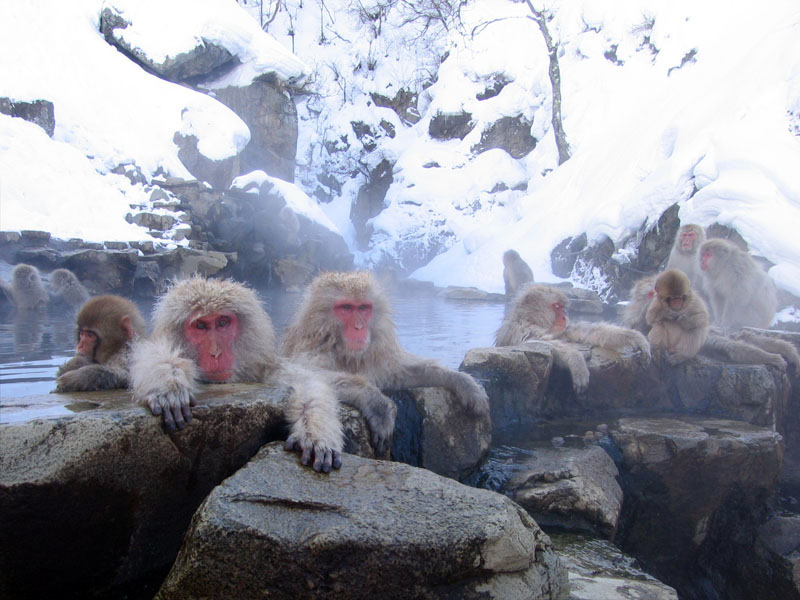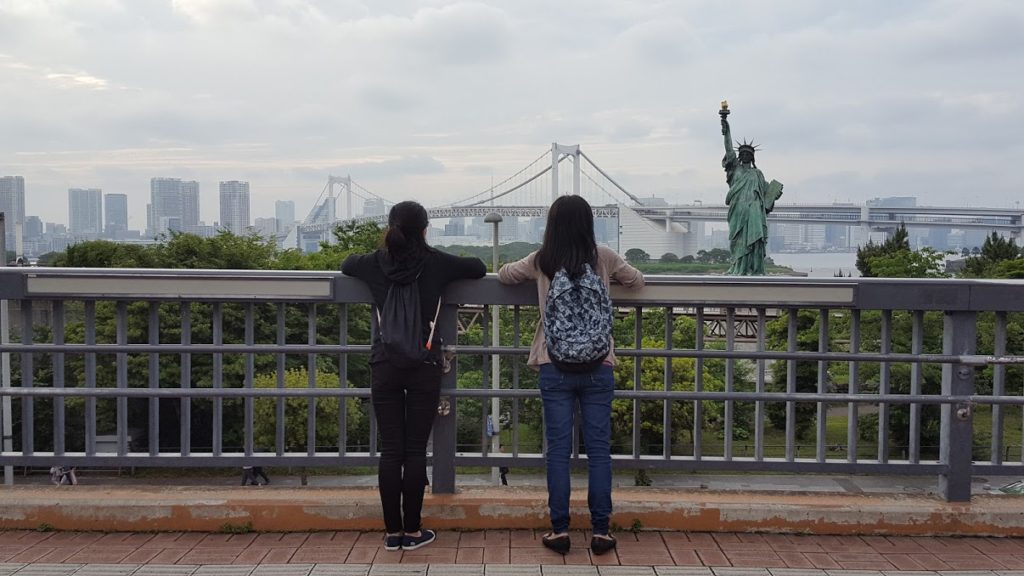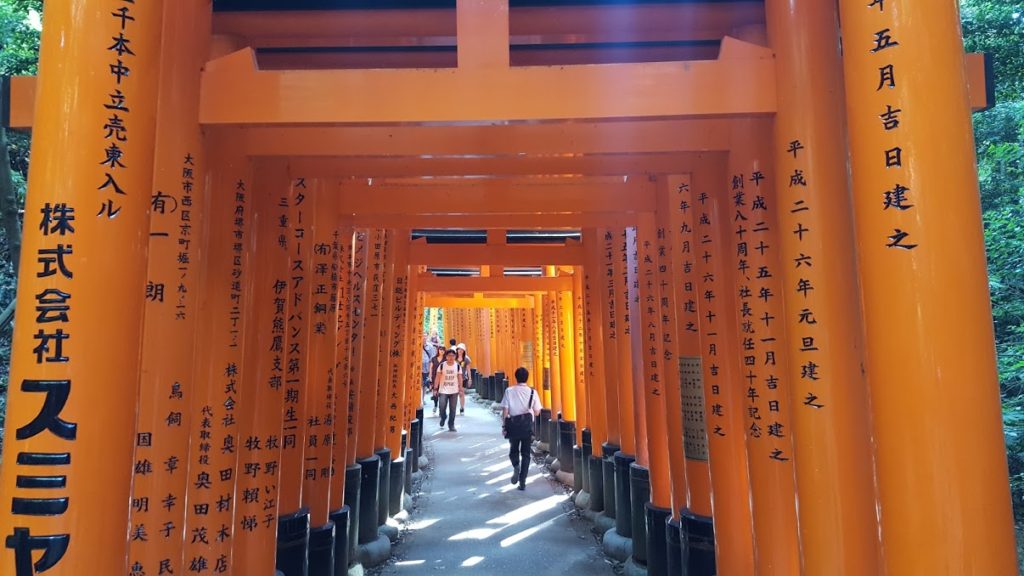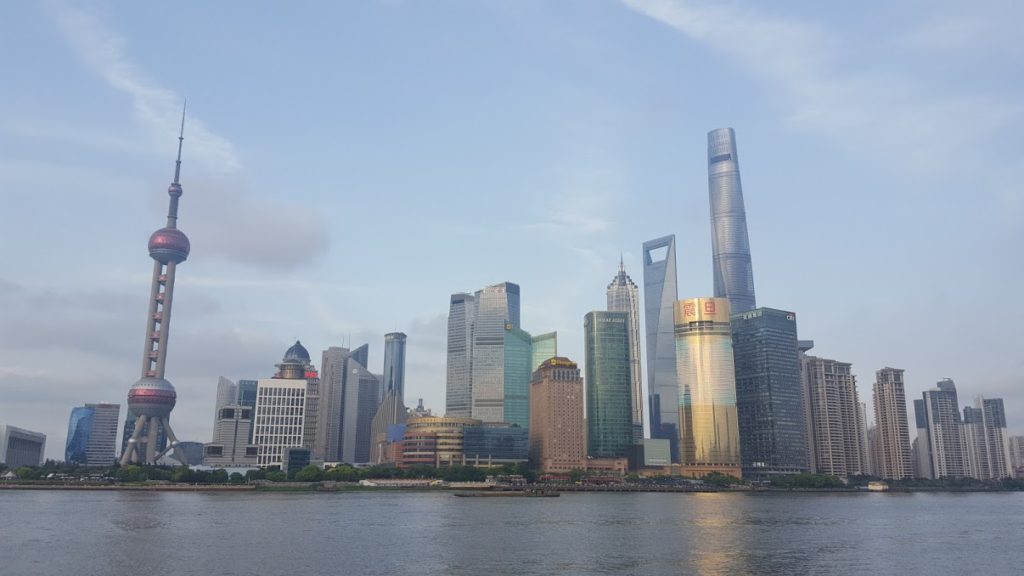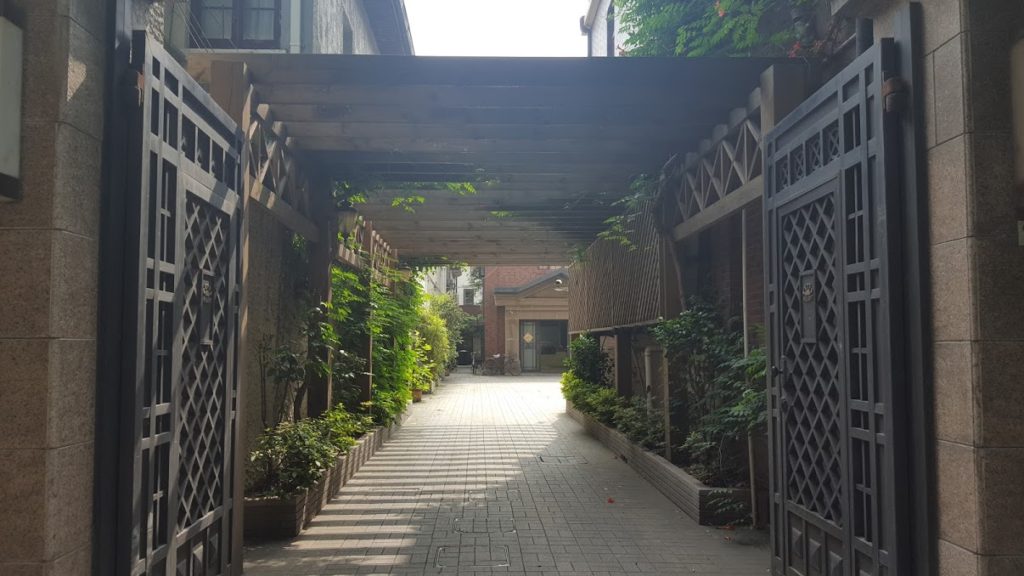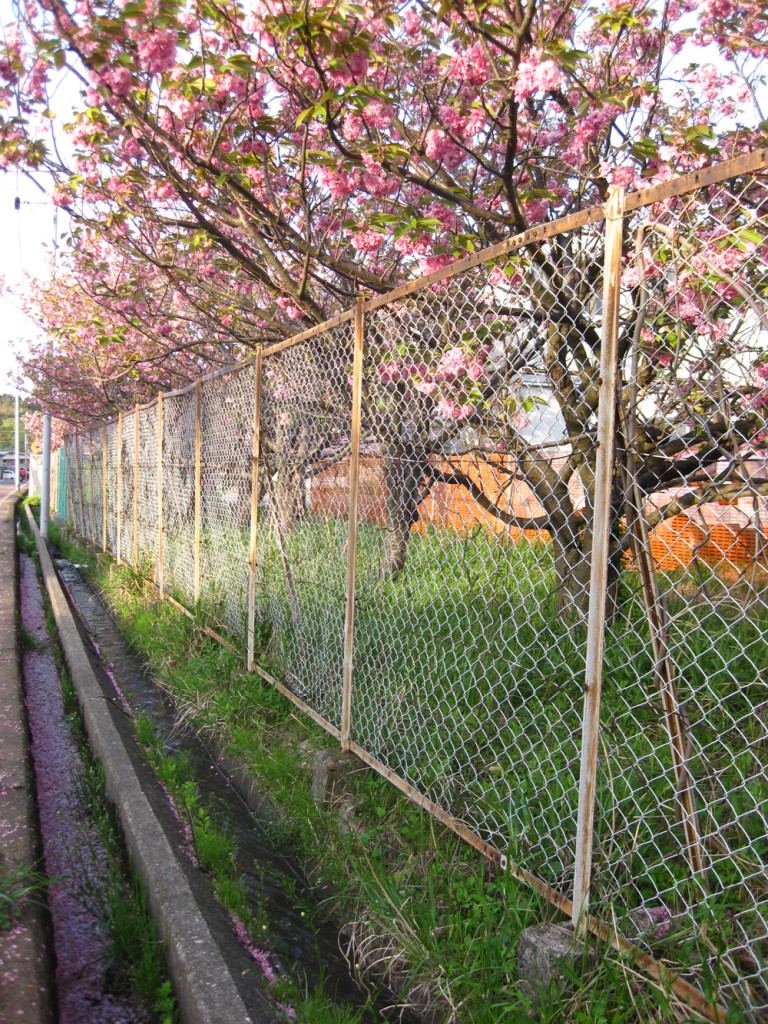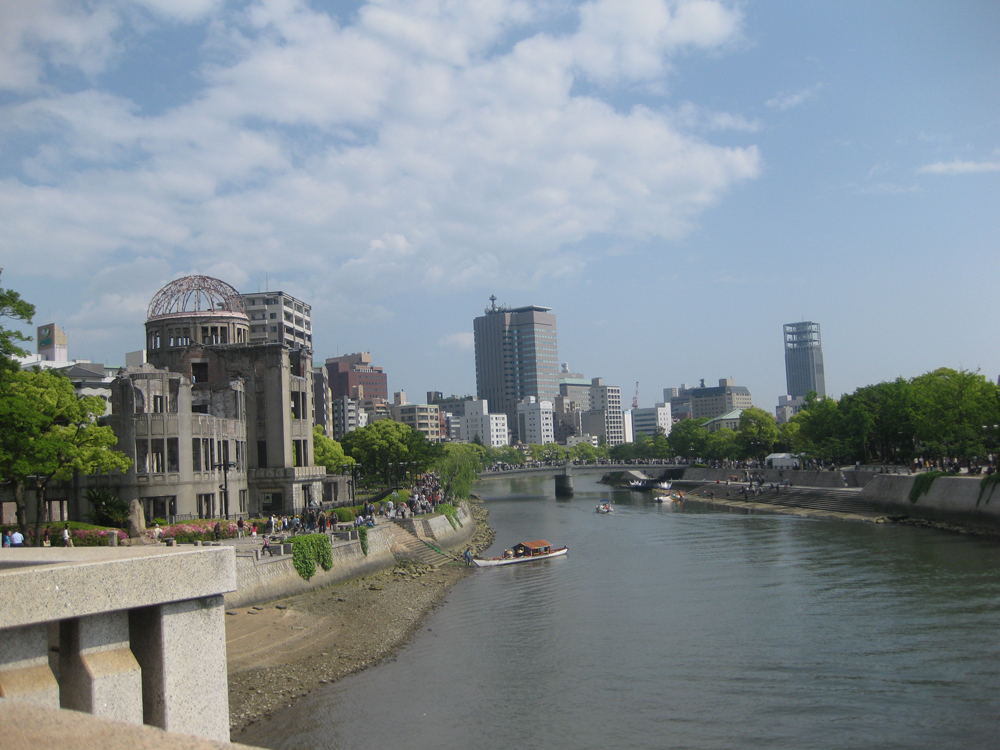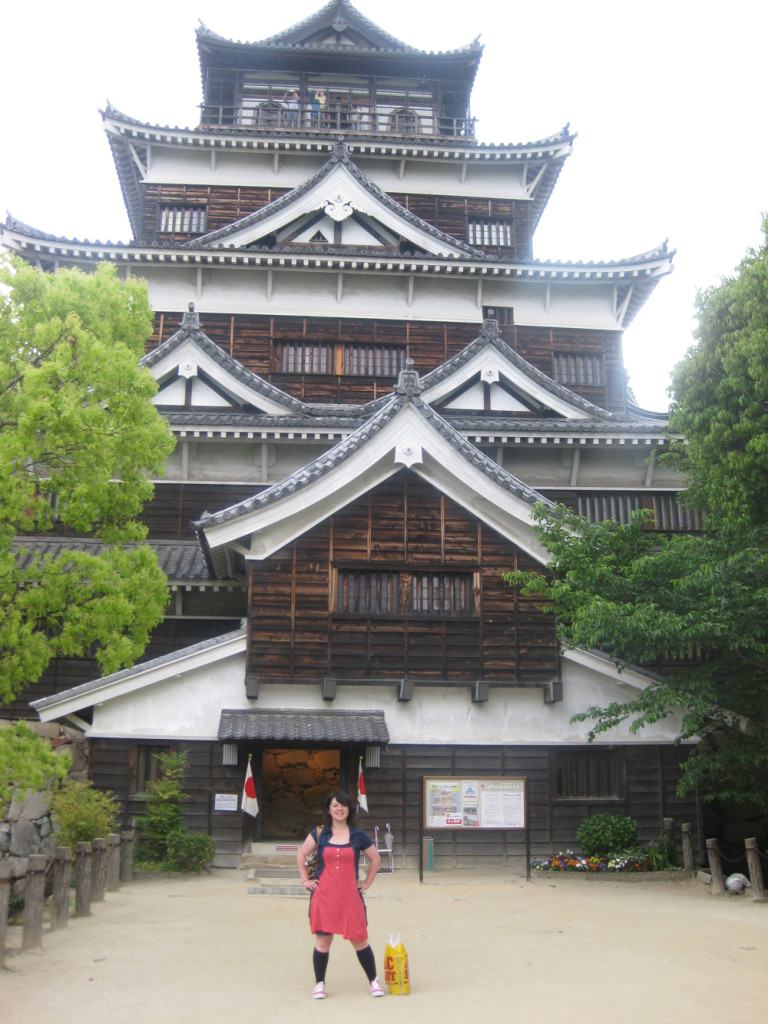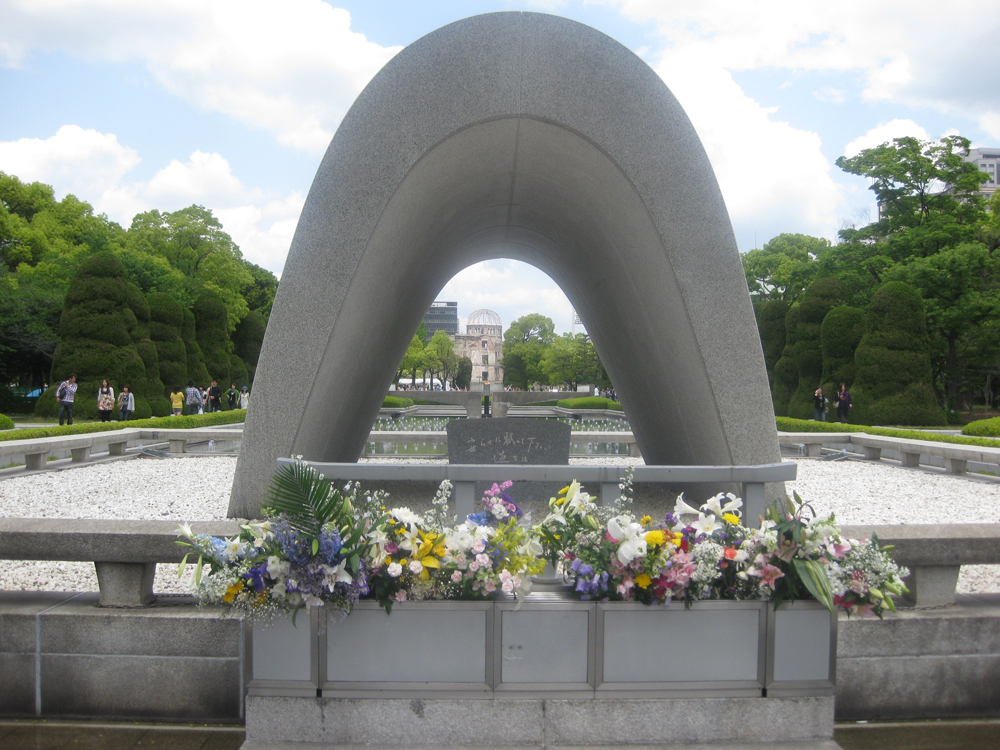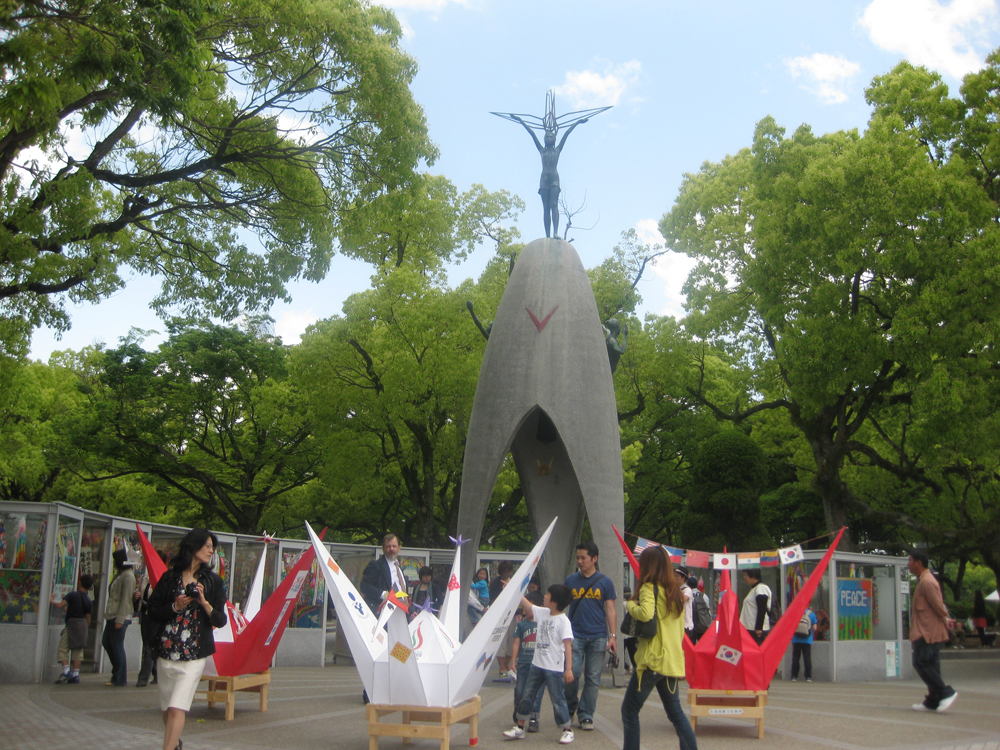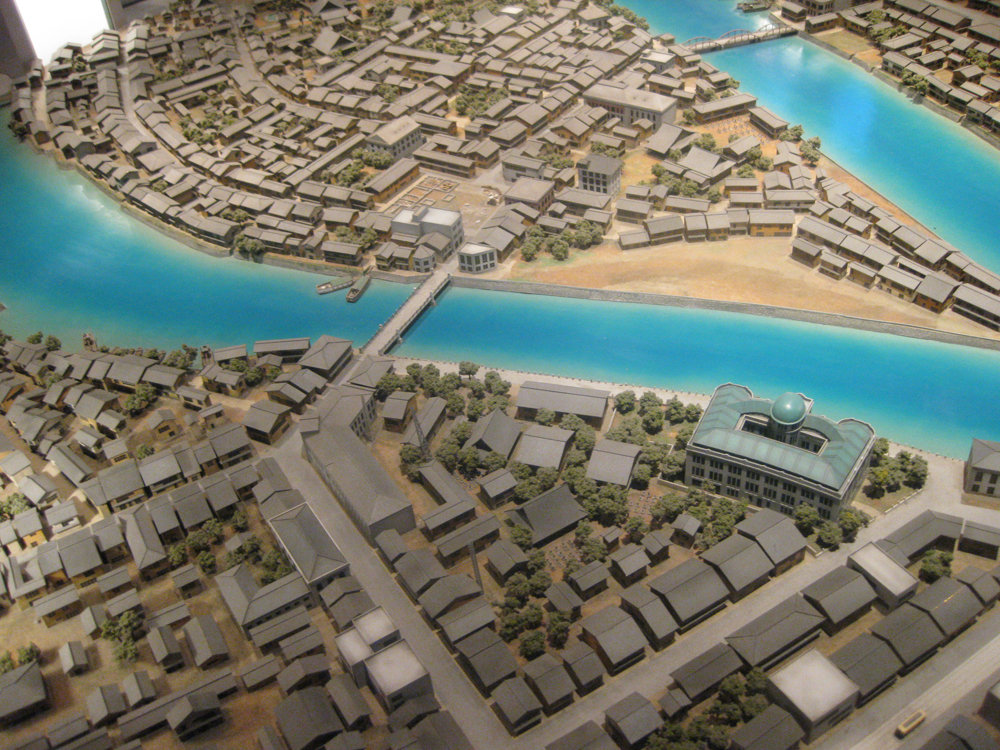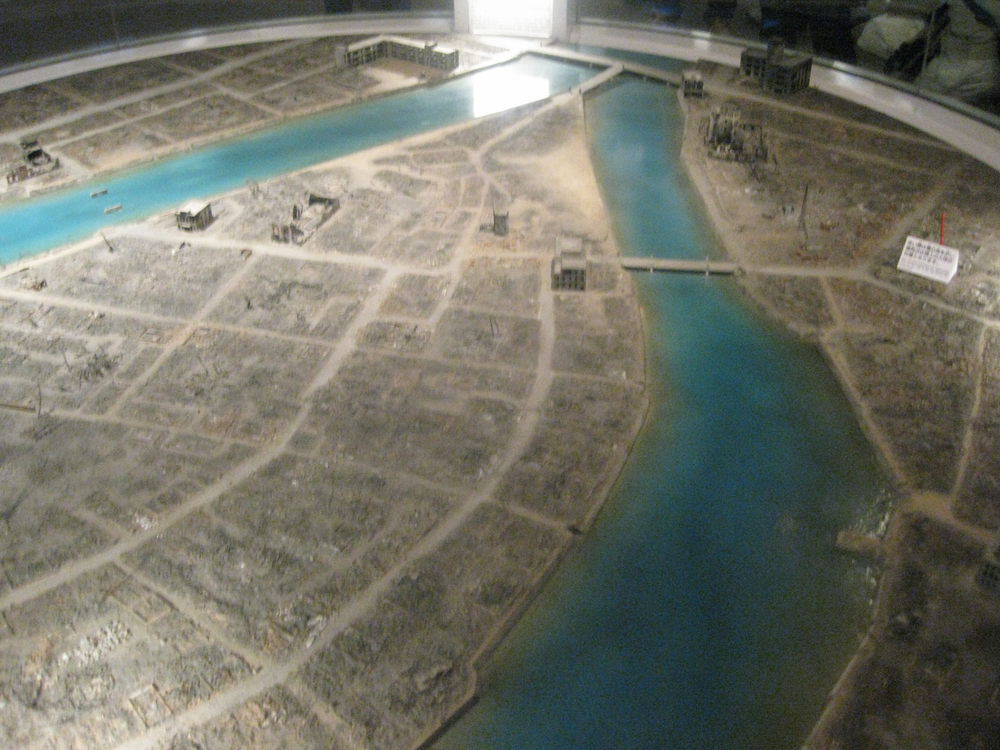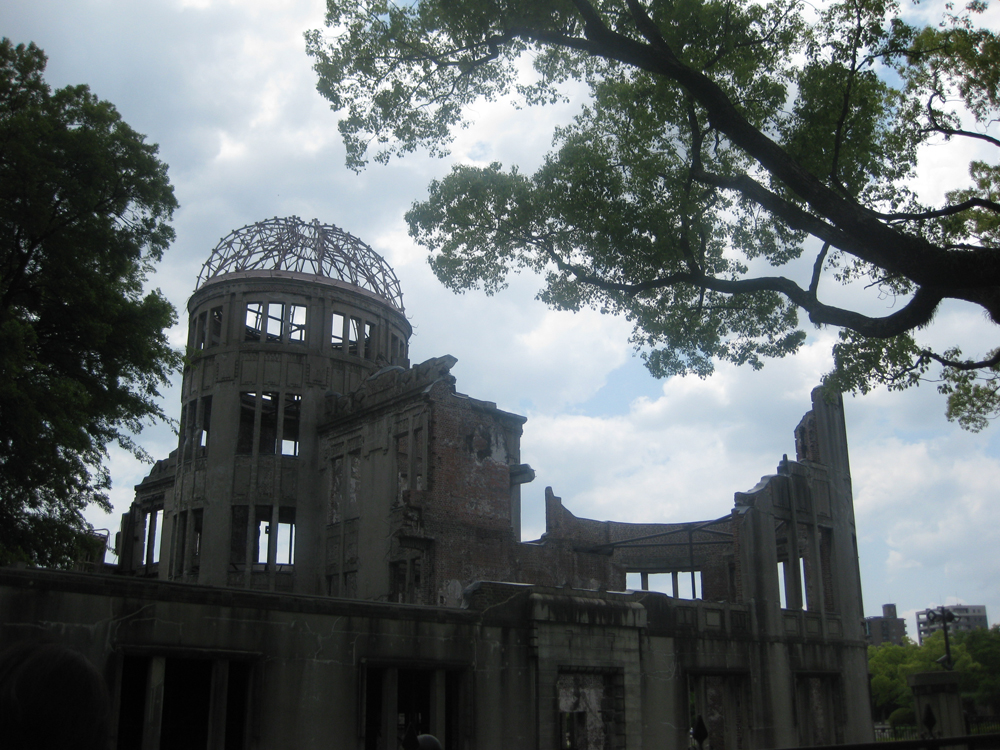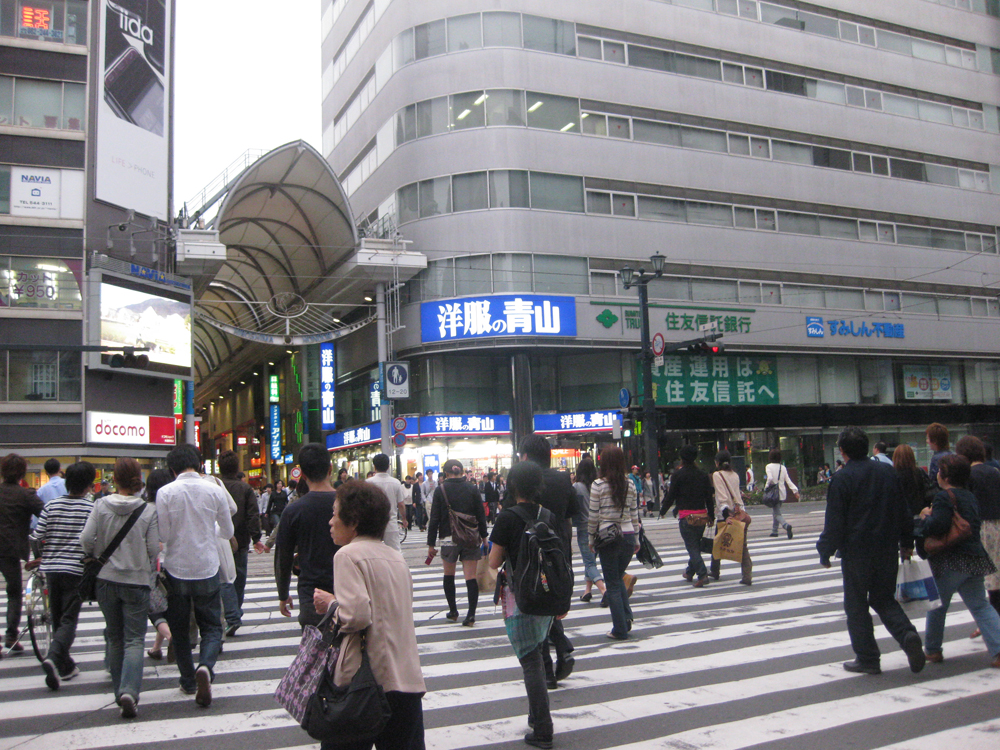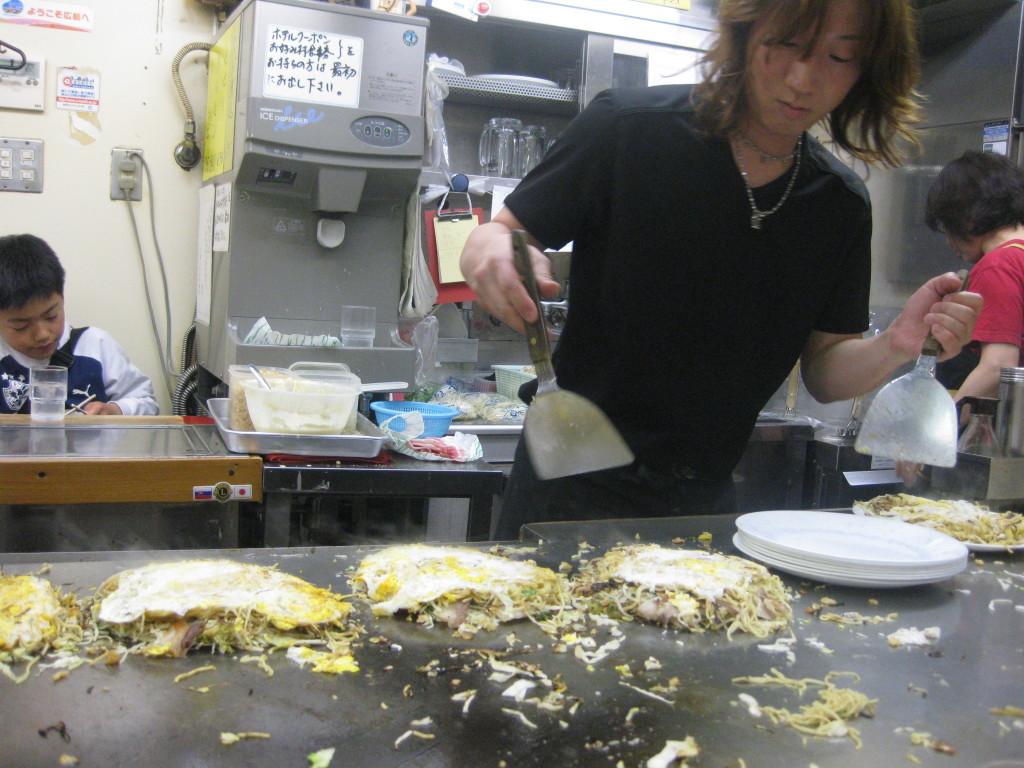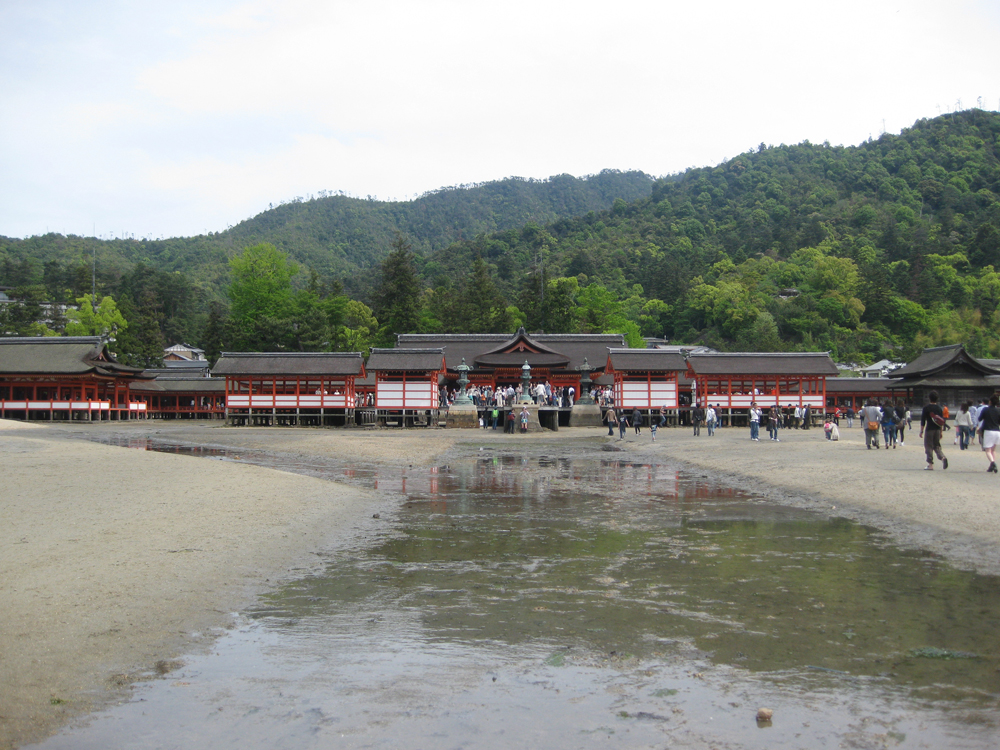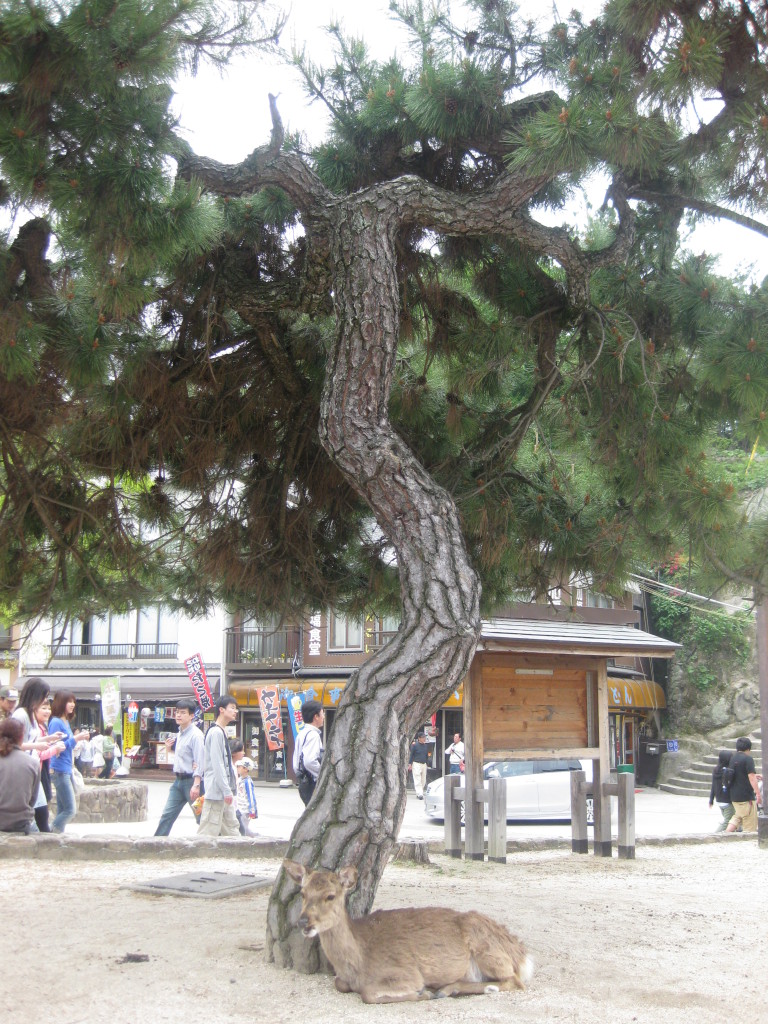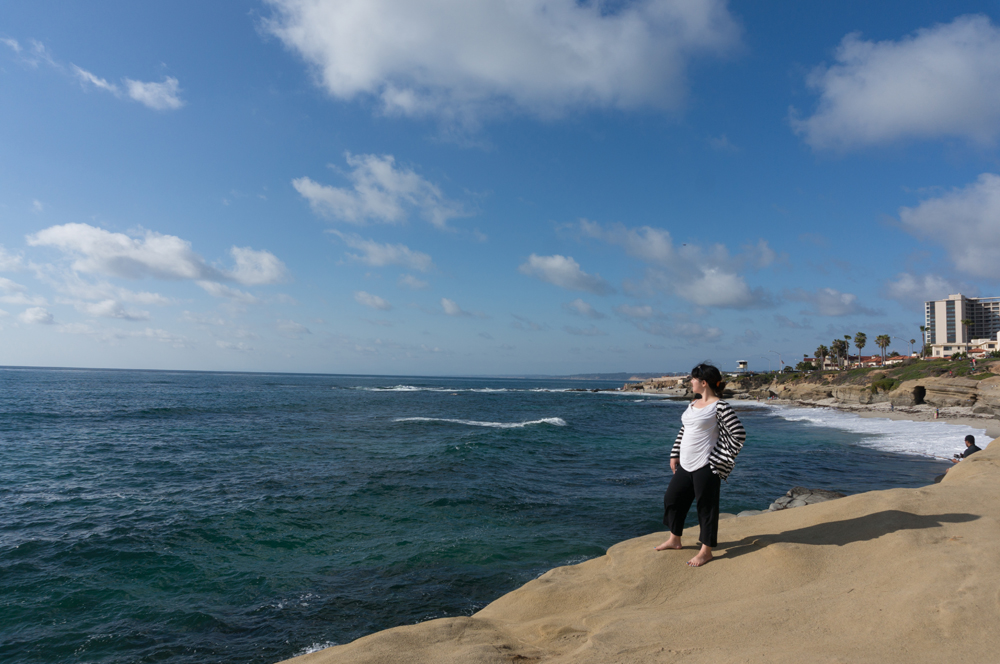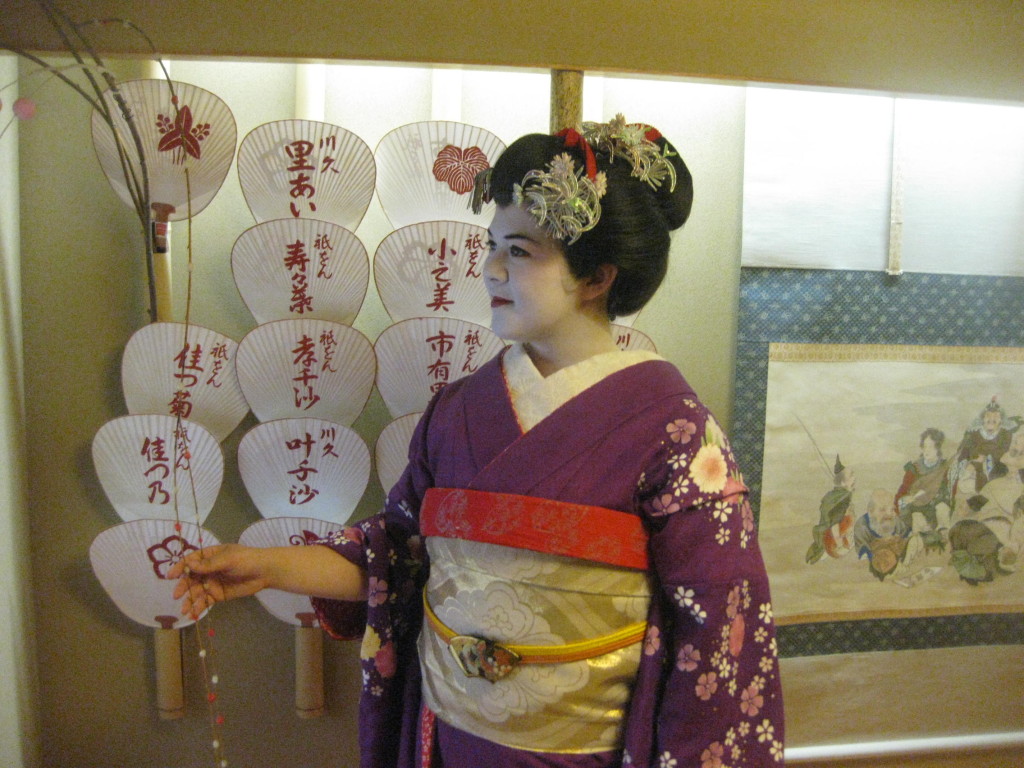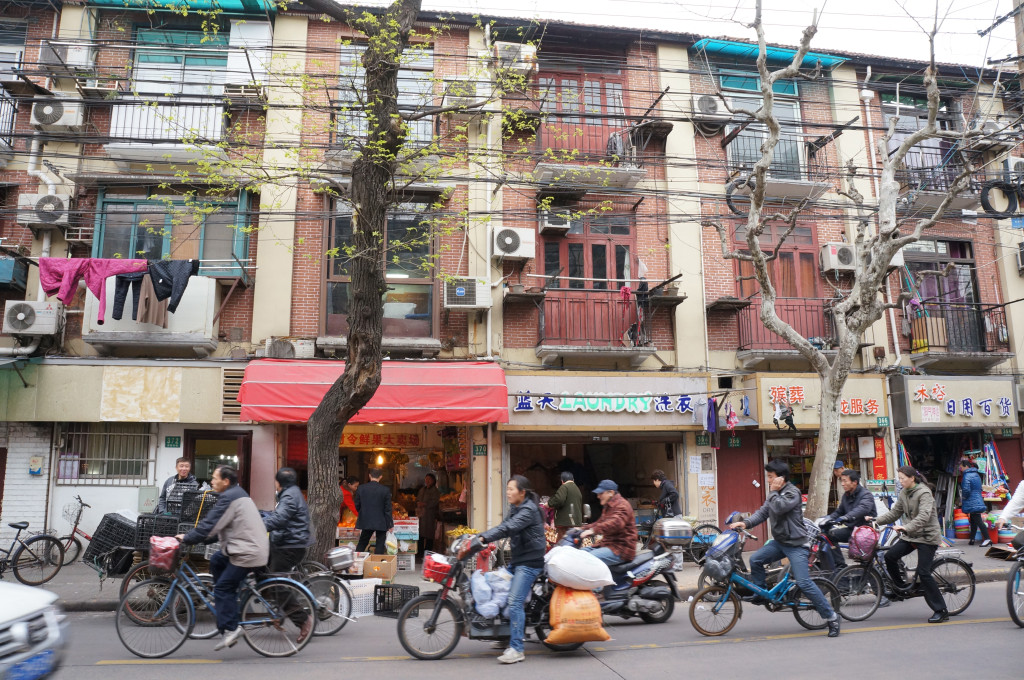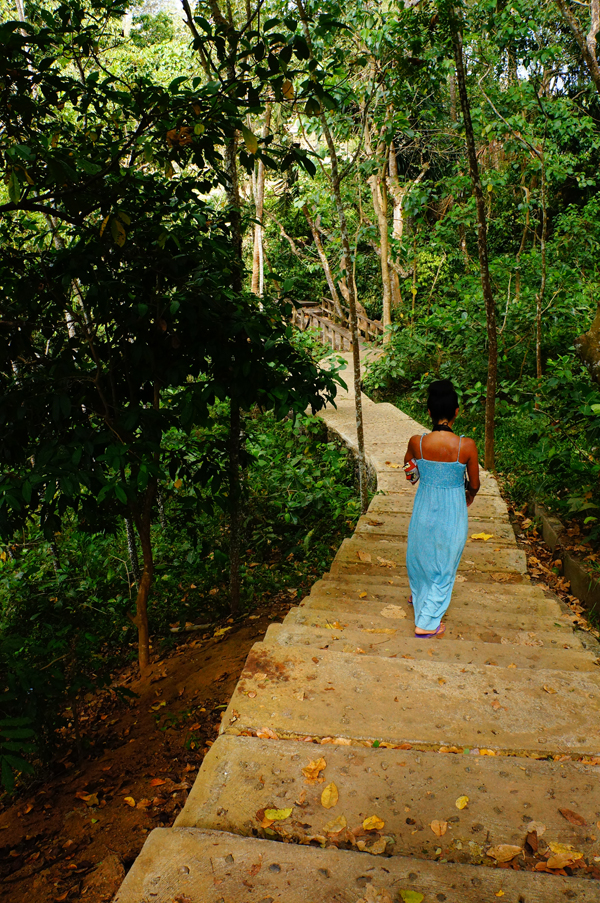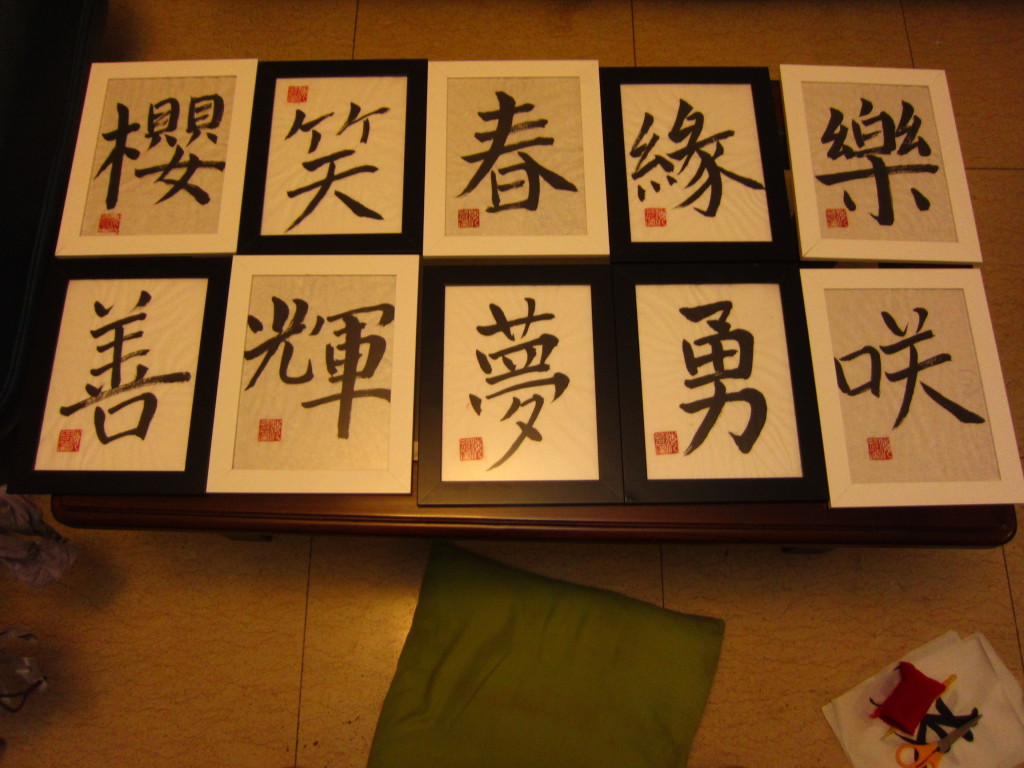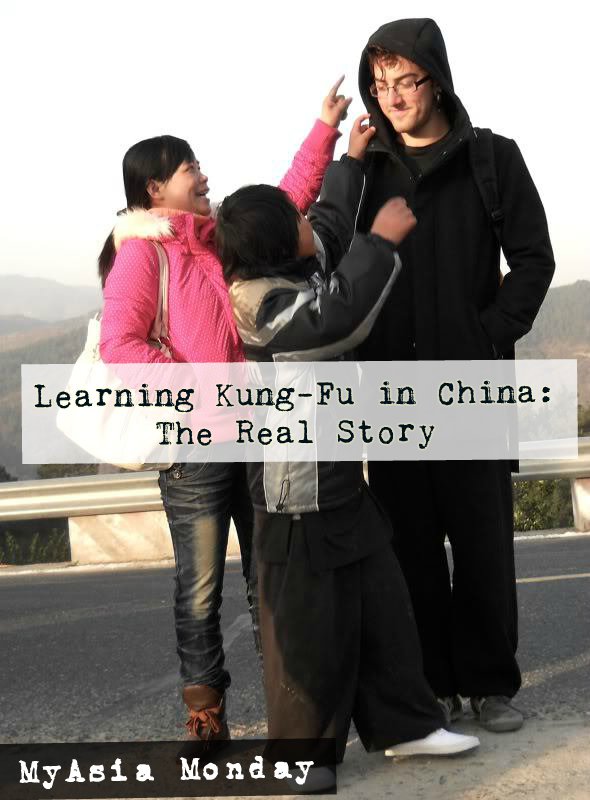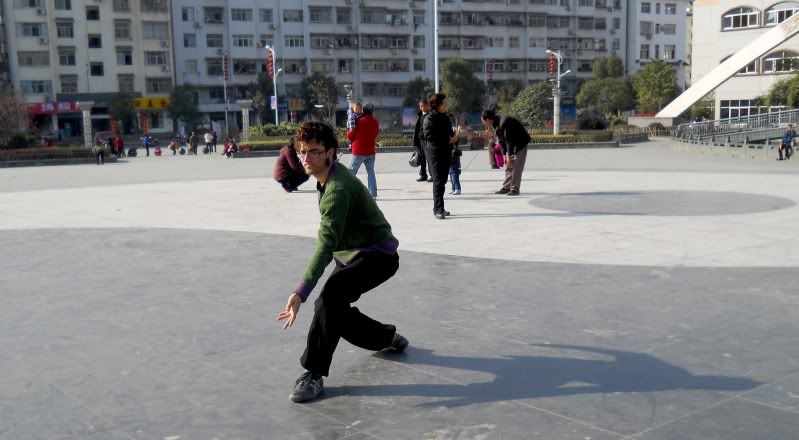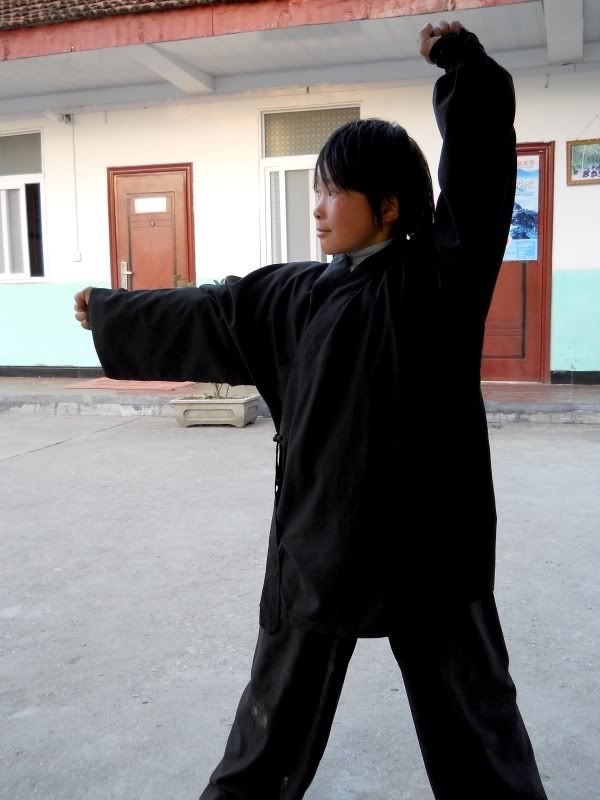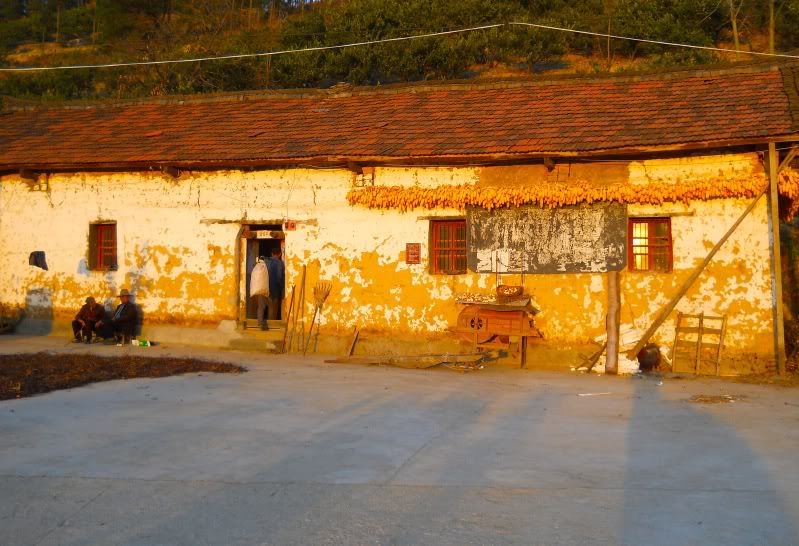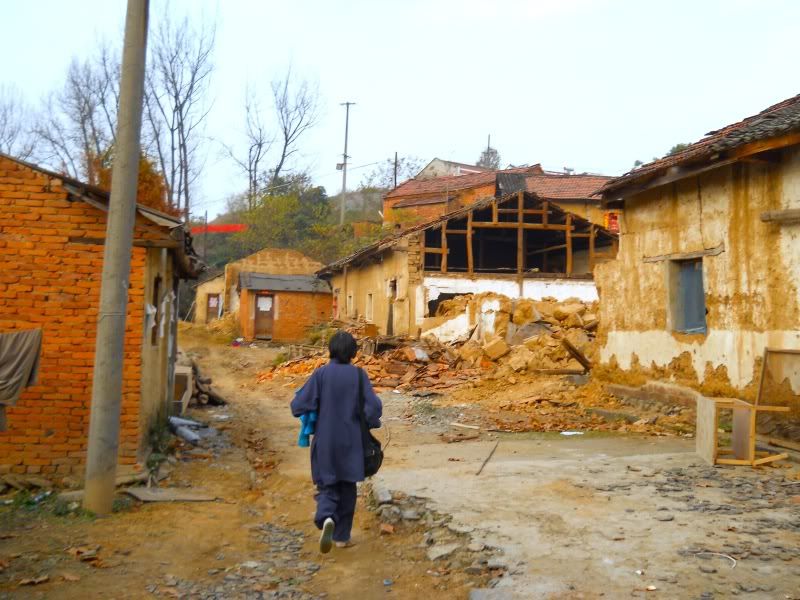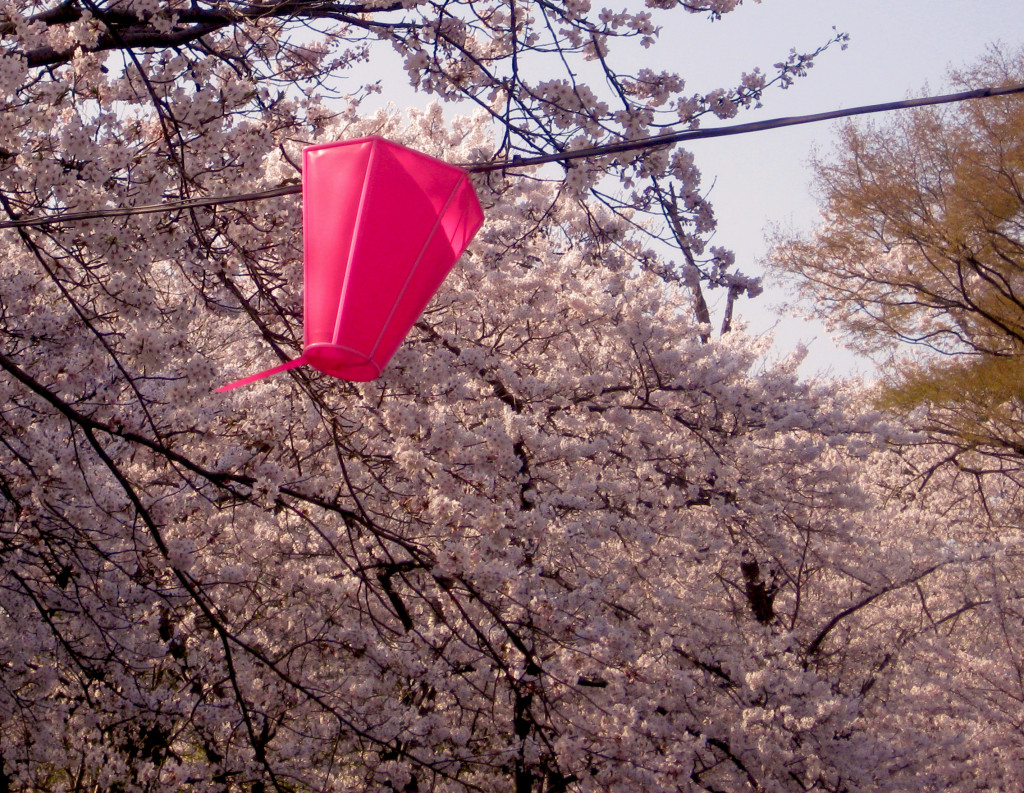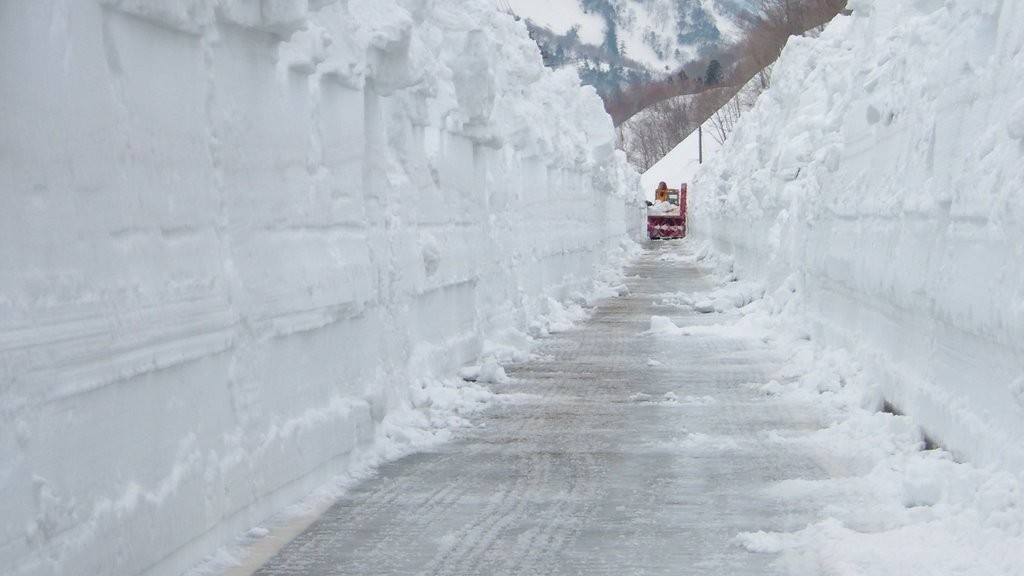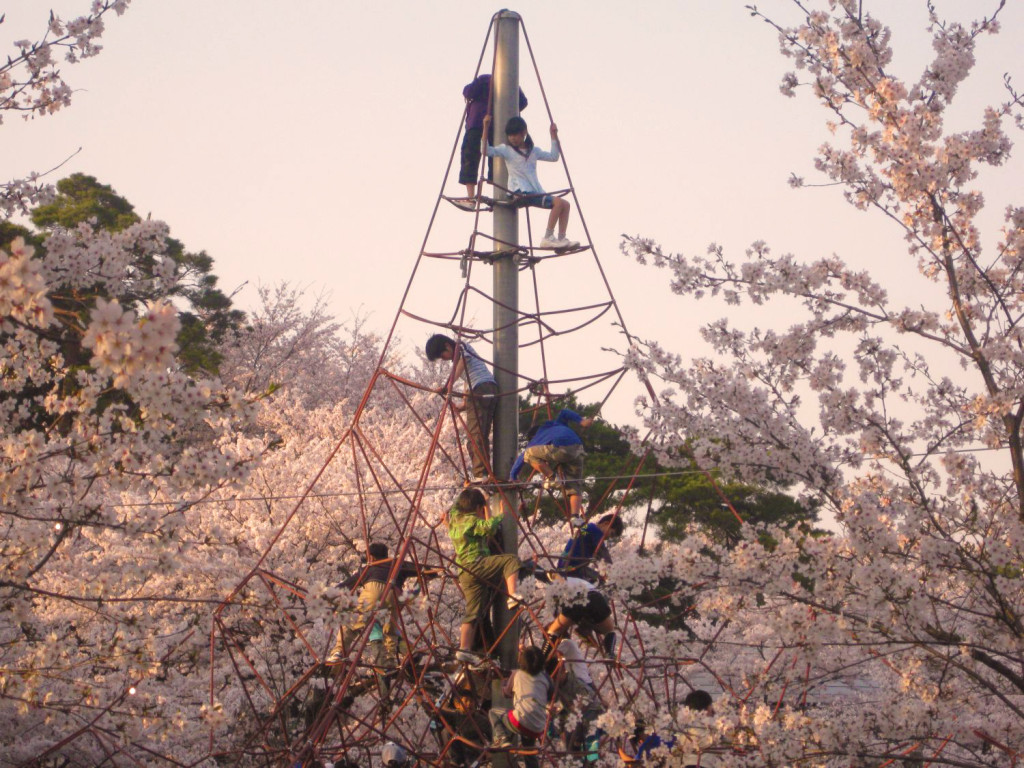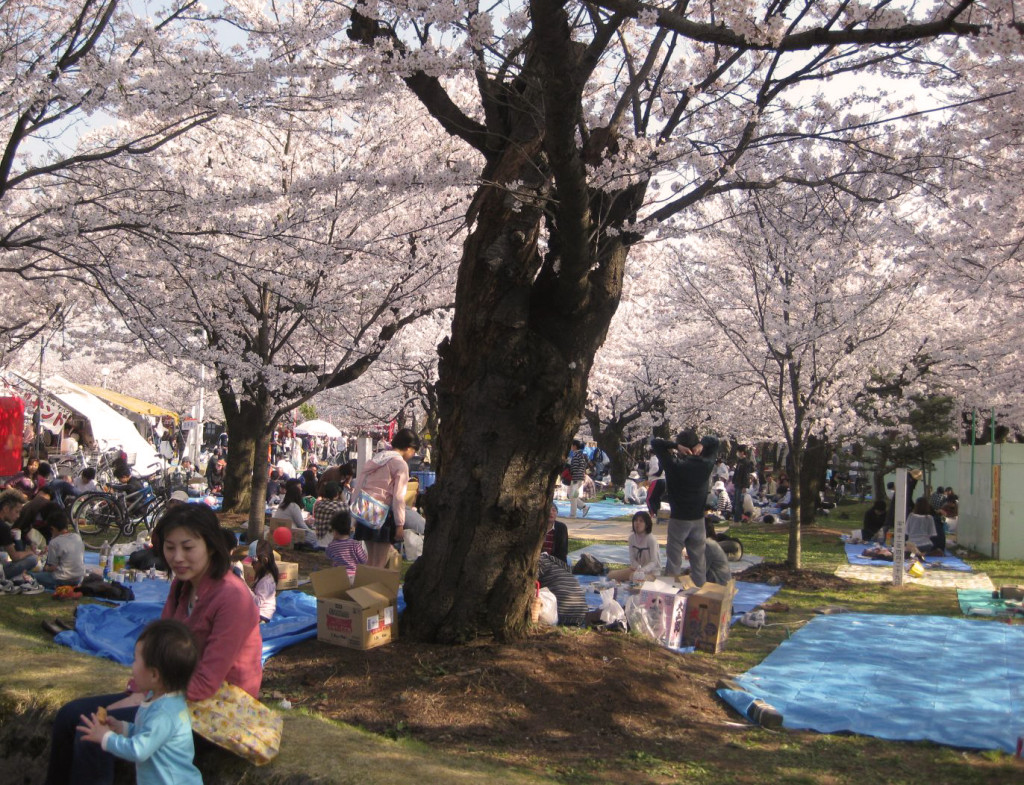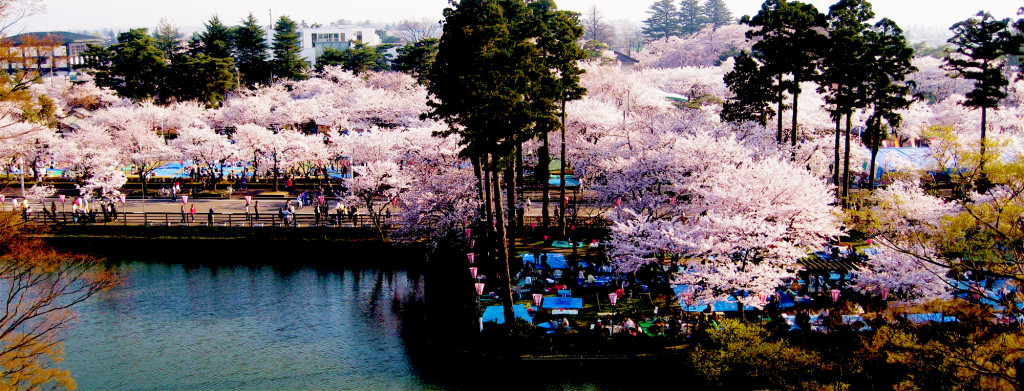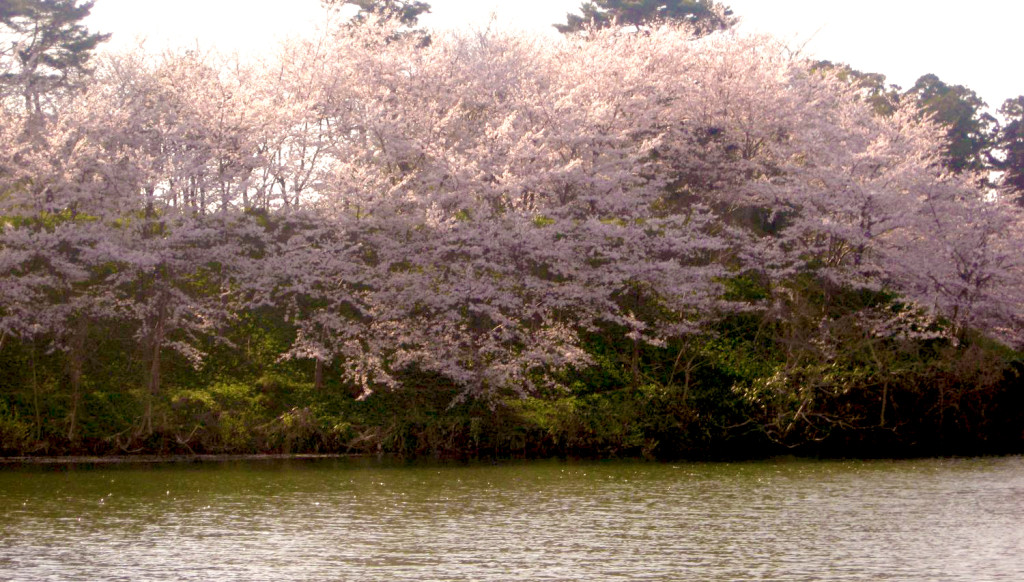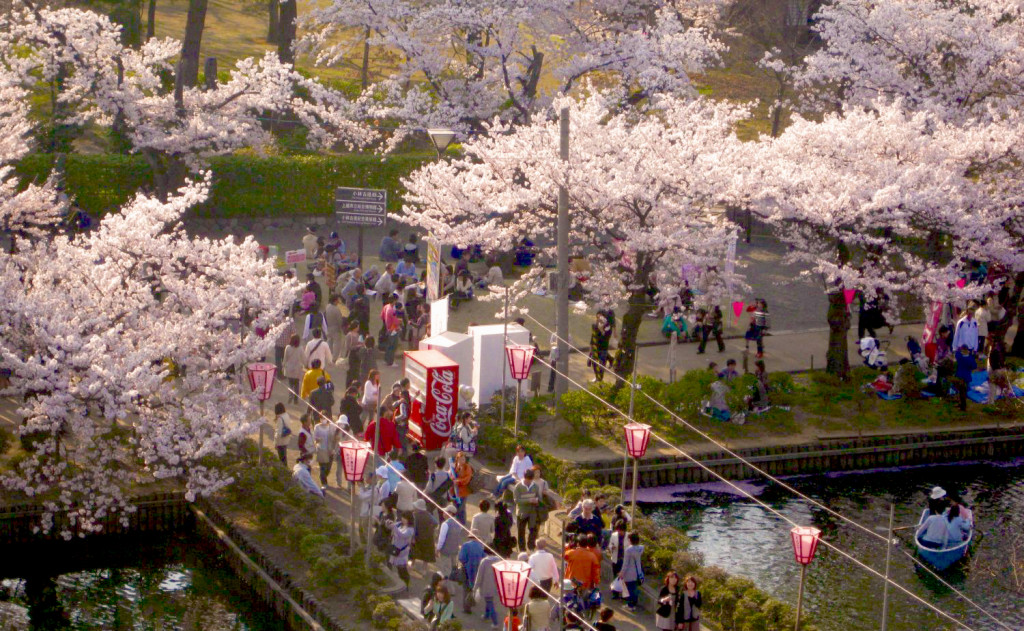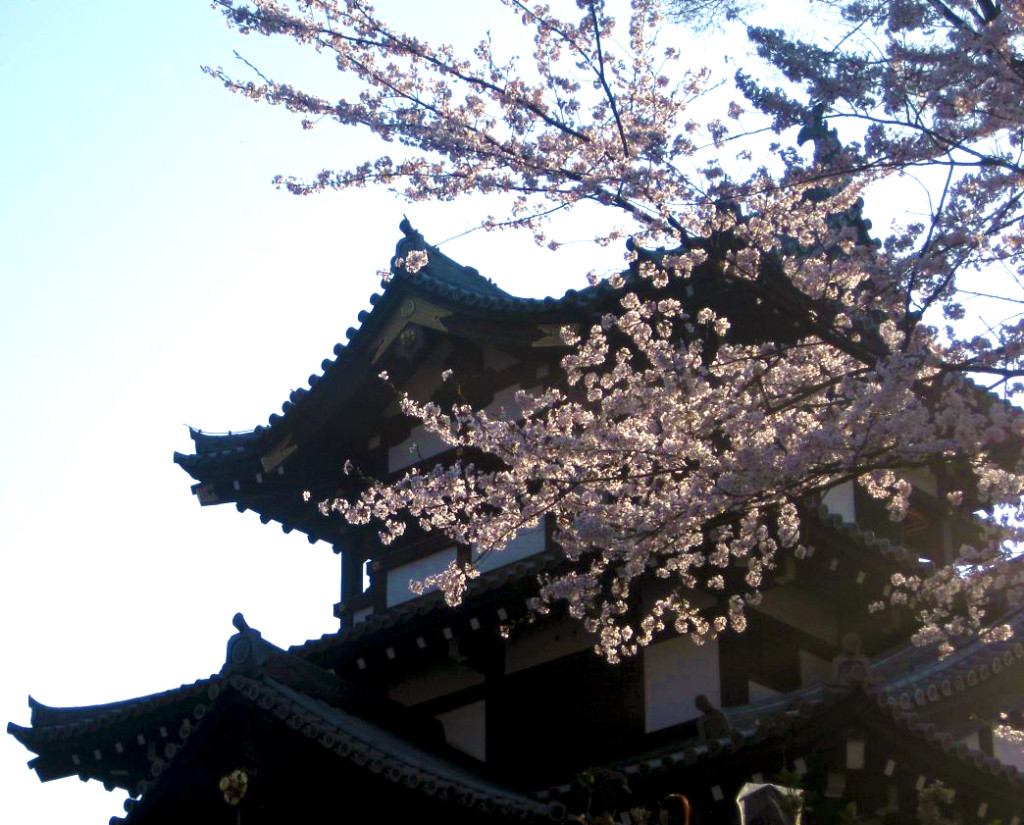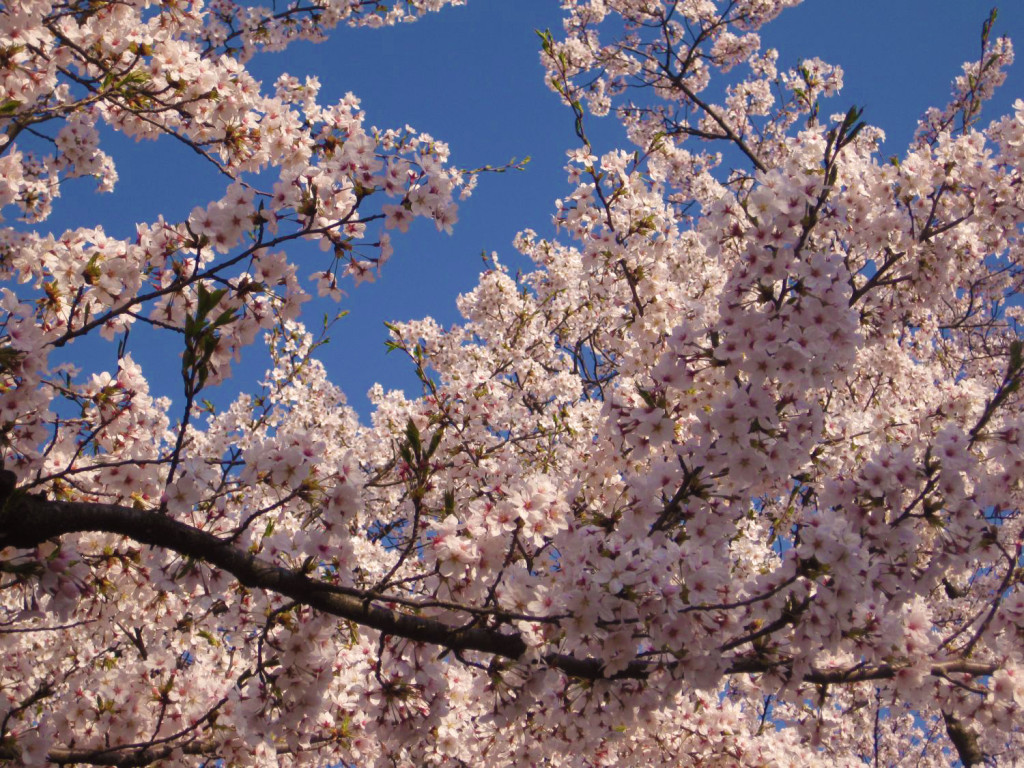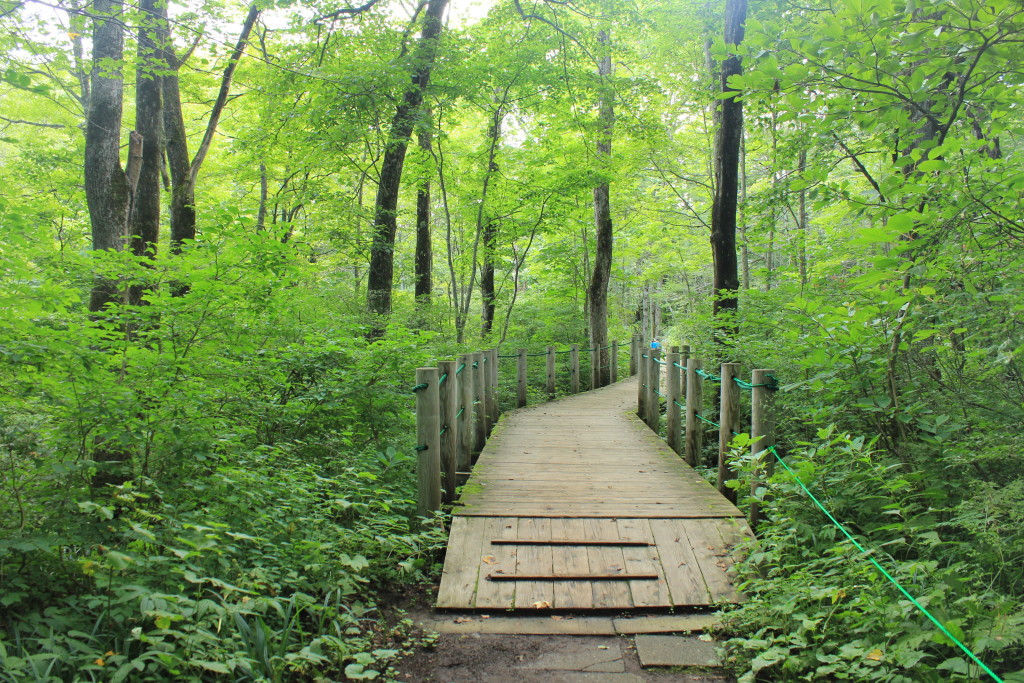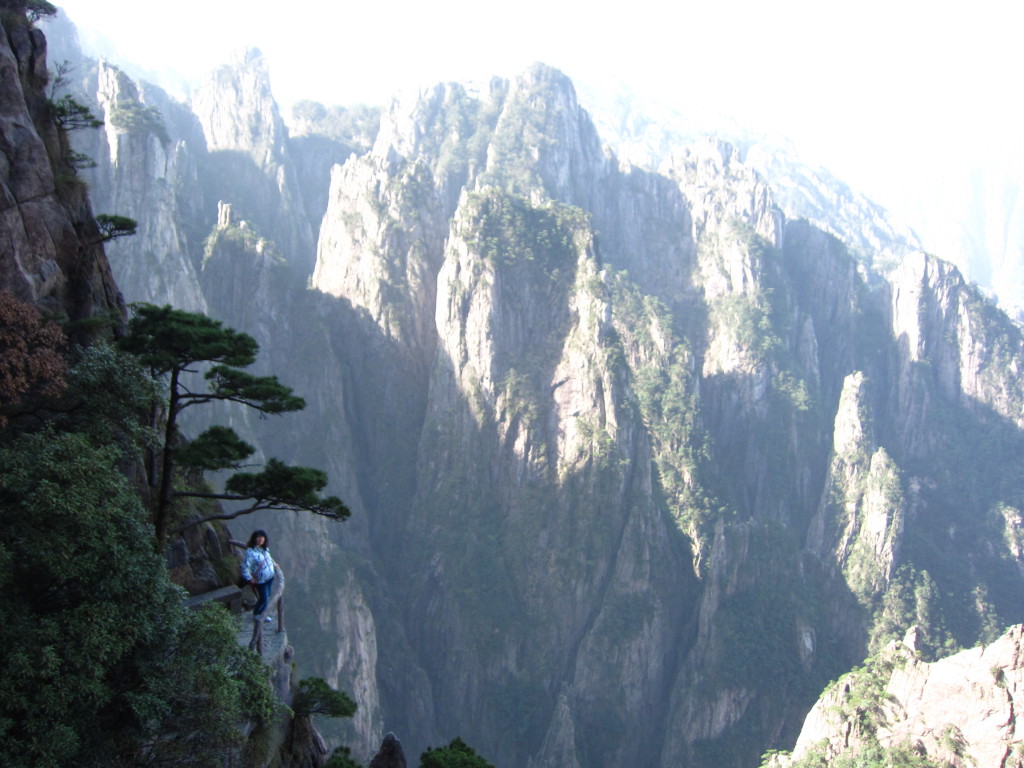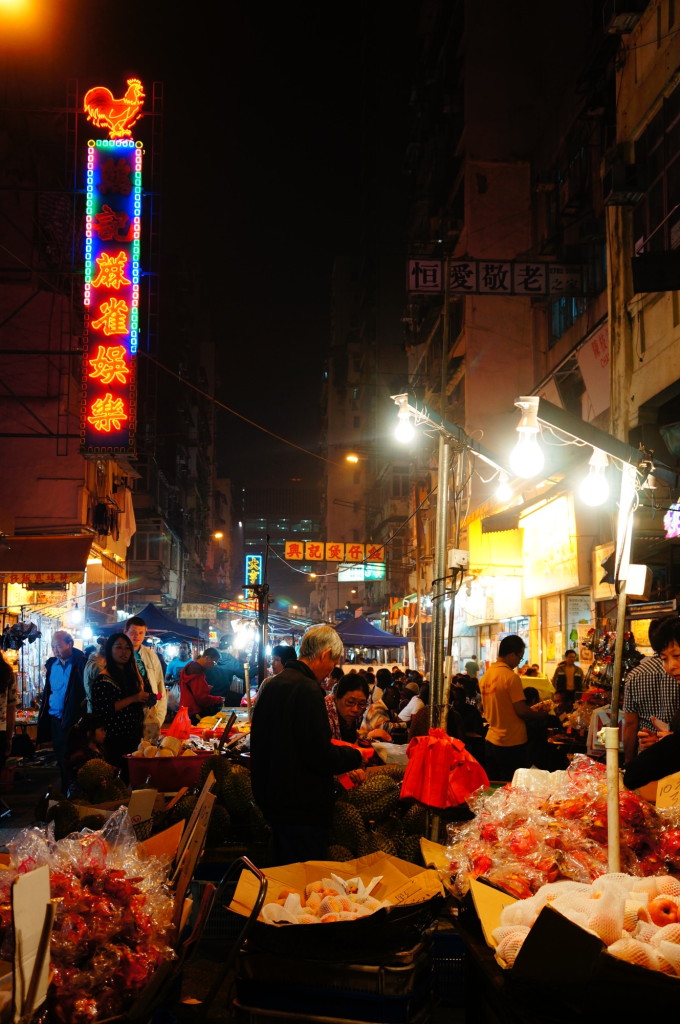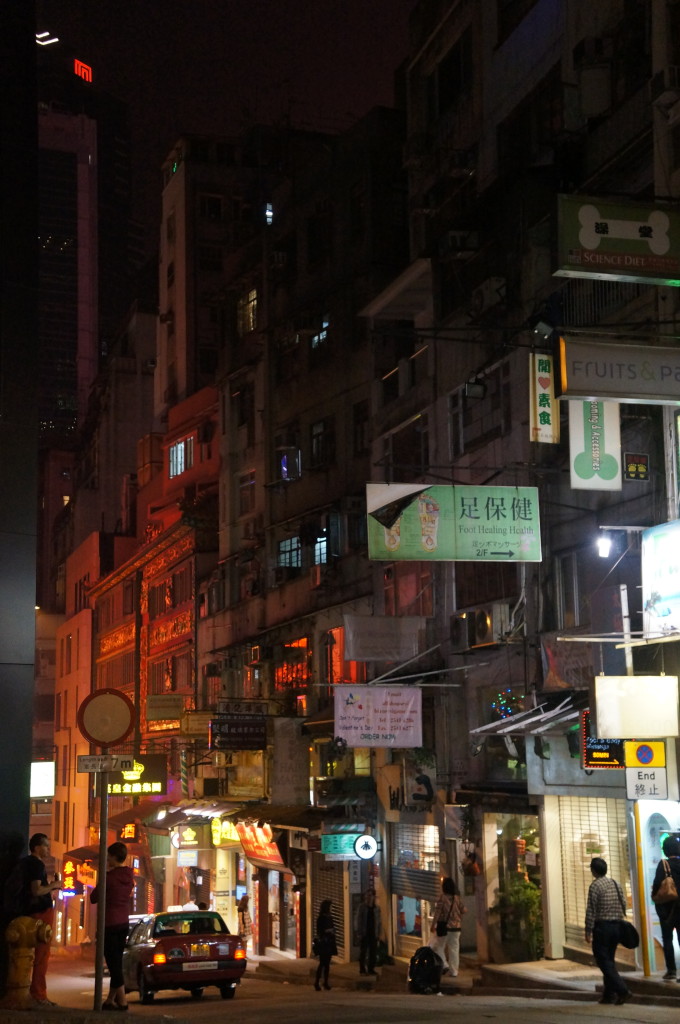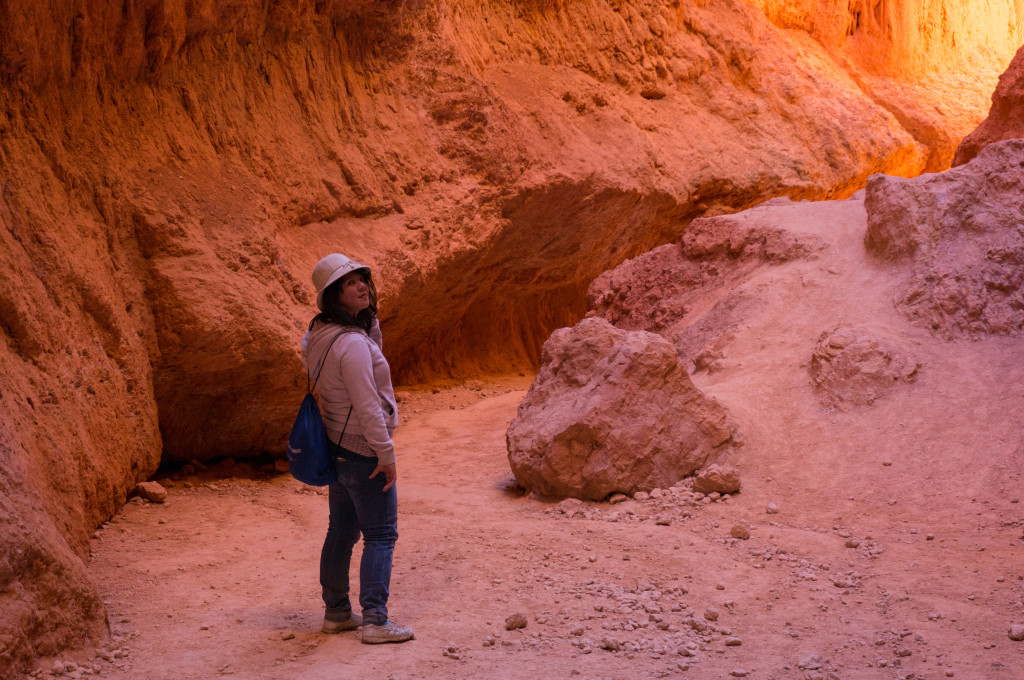
After discovering the tactics for landing dates in Asia, I had romances all across Asia and my dating life was… well, let’s say diverse.
And from my (very small) pool of dating research at this time, I found that the most satisfactory, fun, and long-lasting dates were with none other than Chinese men.
Now, after many hits and misses in the dating scene, I finally found my perfect match: Richard (and surprise! he’s Chinese!).
Here are some reasons why my boyfriend is simply amazing; and coincidentally, why Chinese men make really darn good boyfriends.
They Cook!
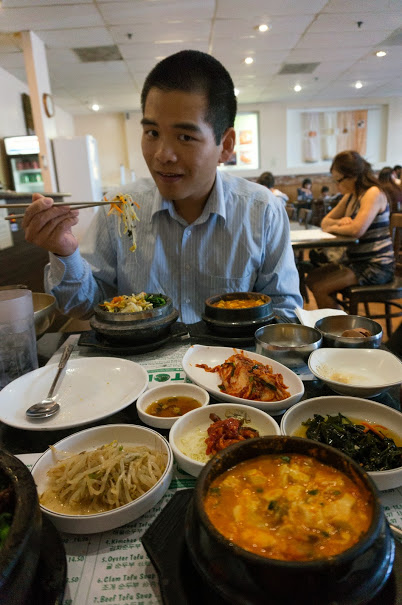
Most Chinese men are the cooks in the household. Period.
In most Shanghainese households, it’s not the woman working hard in the kitchen every night–it’s the man. When many Chinese children think of homemade cooking, they don’t think of mom standing over a hot stove; but rather, recall fond memories of dad boiling stews, rolling up won tons or preparing a hot bowl of tan yuan (sweet dumplings) for dessert.
Chinese men tend to either cook with the wife, or just plain take over the kitchen entirely.
I know this may vary by region, since northern China is (I hear) more traditional in terms of having the man out in the field while the woman handles the kids and the cookin’. However, in southern China, it’s usually the man’s duty to whip up some good grub.
Even if they don’t cook every night, Chinese men do tend to help out in the kitchen more than what I was used to. And it’s awesome.
My boyfriend is no exception. He is an amazing cook that can make the simple stuff taste divine (for example, his fried rice is killer!). Richard also makes aromatic and flavorful curries ala India and Thailand. He can even make mango sticky rice!
They Tend to Be Financially Responsible

Most Chinese men** I have met tend to do a good job of managing their money well. In America, we often see young kids taking out student loans to buy a new sports car, or even young professionals maxing out their credit cards to go out for three digit meals in swanky restaurants, buy a brand bag, or perhaps a closet full of shoes.
This usually doesn’t happen in China (mostly because it can’t), and also because Chinese men tend not to spend needlessly.
Chinese people save. A lot. I’ve heard crazy stories about Chinese parents that worked as janitors for 30 years, living in a hovel all throughout, just so they could pay tuition for their son/daughter to go to the USA and study. Imagine that. Making, perhaps, $100/day and somehow saving enough money to pay for U.S. college tuition. They must have skimped on a lot.
Needless to say, this kind of behavior rubs off on the children. In China, every penny counts. Chinese men tend not to spend what they don’t have and save their money for future necessities (in China, most men buckle down and save in order to buy a house, since it’s a must in order to get married).
My boyfriend is the Chinese Warren Buffet himself. He nearly received a third bachelor degree in business just because he loves to dabble in economics and personal finance. His parents, once low paid teaching assistants in China, managed to scrape up enough money to move around the world until they finally found their place in America. My boyfriend learned the value of a hard earned dollar thanks to his parent’s plight, and thus he also learned how to save it–and more importantly, invest it.
Thanks to Richard, I’m investing in stocks and learning more about how to better manage my money.
**Note: This excludes ‘fuerdai,’ the spoiled, rich, second-generation of Chinese kids.
Chinese Men Put Family First (double edged sword here…)

Thanks to an old guy named Confucius, values in China are placed very heavily on family–and it’s easy to see. Parents pull out all the stops to ensure their child has the best upbringing, and in turn their children take care of the parents in old age.
Showing devotion and care to your family is, in my opinion, one of the most important factors in selecting a partner. I mean, seriously, would you want to date a guy that barely visits his mom and treats her like an old hag begging under a bridge? (And trust me, I’ve dated men like this).
In America, we tend to turn 18, leave the nest and live our own lives. Of course, we keep in touch with our family and come home for Christmas every now and then, but for the most part our lives become very separate from our parents. The U.S. doesn’t emphasize family ties as much as in Asia, and thus, we tend to put more importance on our goals, careers, and ambitions instead.
The emphasis on family is crucial in China. Most blue and white collar Chinese men I’ve met in China work hard not for money, fame, or prestige–but for their family, and future family. It’s this kind of dedication that, to me, makes a good man.
My boyfriend is very loyal to his family and cares deeply for his parents (he goes on vacation with them at least three times a year). His dedication to his family shows me that, in the future, he’ll also do the same for me. To keep the family peace, my boyfriend even went so far as to change his entire work career. Instead of become an engineer like he always dreamed, he gave into his parents demands and took the long, hard road of medicine. Although he’s happy being a doctor now, it was not by his own choice.
And that is exactly why family dedication can be a double edged sword. Chinese men often marry whomever their parents approve of. The fairy tale romance of a Chinese man running off with the foreign woman and eloping in some far away land is a rare tale indeed. If the parent’s disapprove, it’s most likely not going to happen.
This also explains why meeting your Chinese boyfriend’s parents is heart attack inducing… but that’s a tale for another time.
Not All (Chinese) Men are Perfect
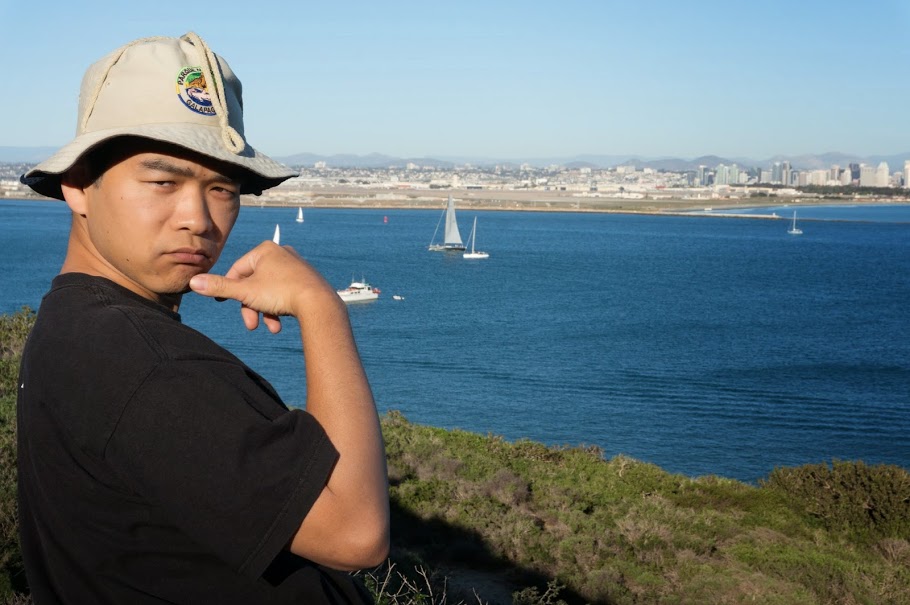
Of course, not all Chinese men make the best boyfriends–there are, of course, a few bad eggs. I’ve heard some horror stories of Chinese men gambling away their family’s entire fortune. I’ve also heard heart crushing tales about Chinese men that abuse their wives. No matter where you go in the world, there will always be good and bad men (and women), so I’m not speaking for the entire race here.
Yet with Richard, I know I’ve truly found a good catch. He’s a man that cooks, helps out with the cleaning, is financially responsible, devoted to his family (and thus me, assuming I become future family someday), adventurous and fun loving.
I can be a crazy woman sometimes (especially going through this year of reverse culture shock), and I am extremely appreciative of my boyfriend for being understanding, patient, and loving throughout it all. Where most men would have lost their temper and flung me out of the house, Richard has always comforted me with a hug, reassurance, and most importantly a gentle talk about what we can do to fix the problem.
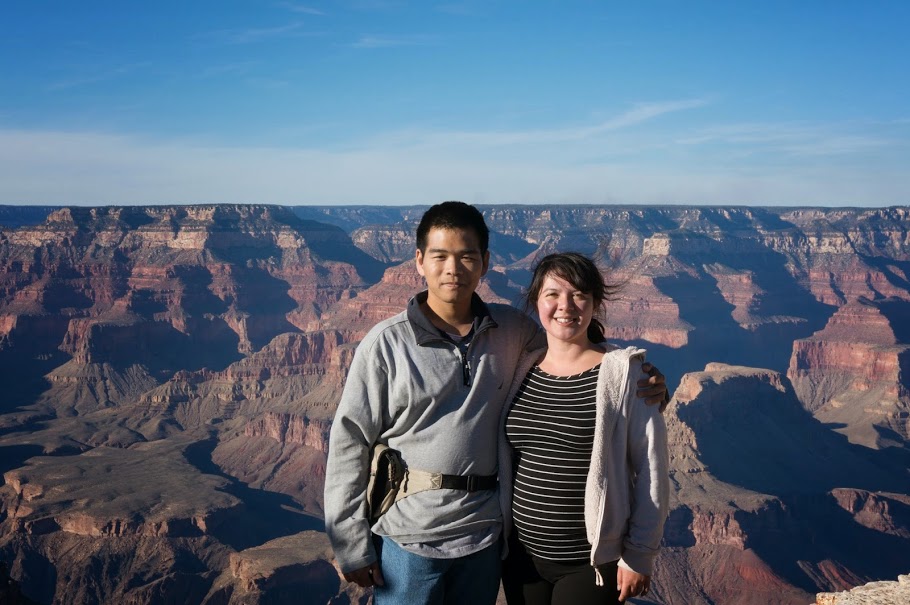
So when it comes to my Chinese man, he truly makes the best boyfriend for me.
What qualities do you look like for when dating? What do you think makes a good boyfriend?
